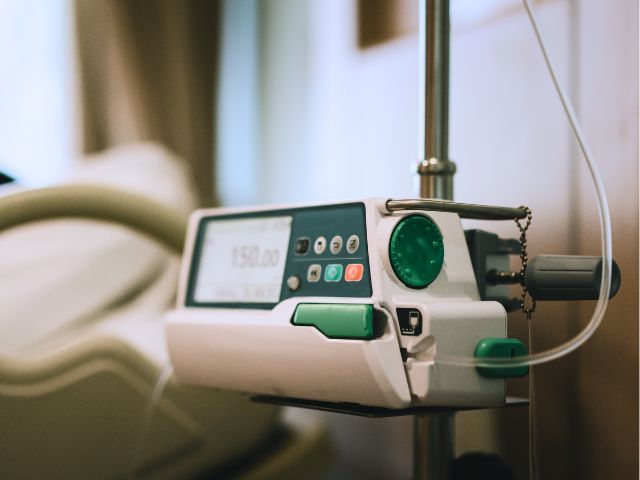Few things are more intimidating and daunting than walking onto a floor for the first time. In some respects, the new nurse, likely in their 20s or 30s, immediately feels transported back into second grade with questions like “Will they like me?” “Where do I sit?” “Will there be snacks?”
The facility will quickly become a second home, with secret passages and familiar sounds, complete with a second family.
However, the transition is daunting because it is not taught in nursing school. In school, you are taught the mechanics of nursing, but not all aspects of nursing are physical.
To help guide a new nurse, here are 7 essential skills every new nurse should strive to develop as they proceed through orientation.








